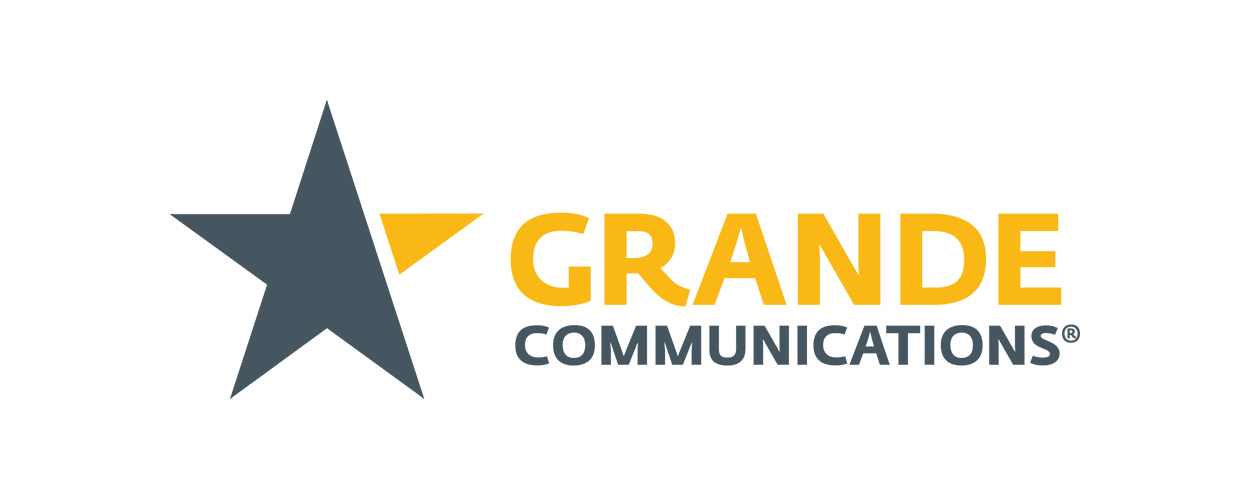This website uses cookies so that we can provide you with the best user experience possible. Cookie information is stored in your browser and performs functions such as recognising you when you return to our website and helping our team to understand which sections of the website you find most interesting and useful.
Business News Digital Labels & Publishers Legal
RIAA hopes to beef up Grande Communications litigation with new evidence
By Chris Cooke | Published on Thursday 10 May 2018

The Recording Industry Association Of America wants the US courts to consider its newly beefed up complaints about internet service provider Grande Communications, in a bid to also beef up some ongoing litigation that was recently subject to some judicial butchering that left quite a lot less beef on the table. Yeah, there ended up being far too much beef in that sentence.
Anyway, as you may remember, the RIAA sued Grande Communications over its failure to deal with repeat copyright infringers among its customer base, arguing that the net firm should be deprived safe harbour protection and be held liable for its users’ infringement. The RIAA case very much mirrored BMG’s action against another American ISP, Cox Communications.
Grande tried to have the entire case dismissed, but failed. However, the courts did cut down the RIAA’s lawsuit somewhat, by removing Grande’s parent company as a defendant and ruling that the record industry could only sue for contributory infringement and not vicarious infringement. Which might sound like mere semantics, but would likely impact on any potential damages.
Whether Grande could be deemed liable for both contributory and vicarious infringement depends on whether you believe the ISP commercially benefited from failing to deal with repeat infringers. When cutting the lawsuit back, the court ruled that that commercial benefit couldn’t be proven.
The RIAA now says that it has extra evidence gathered during the discovery phase of the litigation that it thinks strengthens the case for vicarious infringement, and also for holding the parent company equally liable. That includes the fact Grande seemingly was taking action against repeat infringers up until 2010, and has been again since the RIAA’s lawsuit was filed, suggesting its failure to act between 2011 and 2016 was a deliberate decision, possibly made to ensure the retention of pirating customers.
The RIAA writes in a new legal filing: “Defendants’ policy of refusing to take meaningful action against repeat infringers protects a significant revenue stream that Grande receives every month from its many infringing subscribers”.
If the court accepts the RIAA’s new evidence, Grande will have to respond anew to the specific allegations linked to it.





